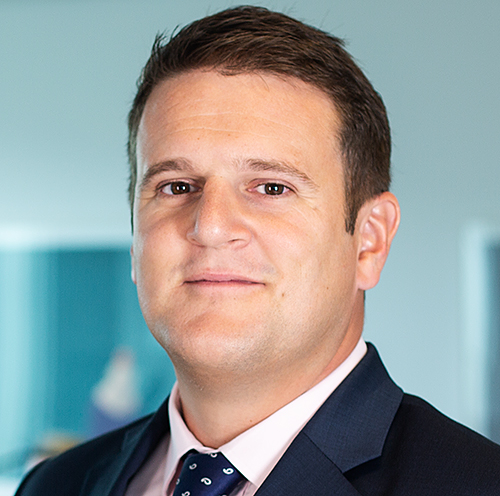Near three-quarters (72%) of asset managers polled indicate that they exercise active ownership as part of their environmental, social, and governance (ESG) investment decision-making process to minimize risks and maximize returns, up from 54% in 2017, concludes research from Cerulli Associates, a global research and consulting firm. Successful active ownership practices can result in meaningful improvements in corporate policies, practices, and accountability.
Active ownership refers to the practice of engaging in a dialogue with companies on ESG issues and exercising both ownership rights and a voice to promote change. Active ownership can be expressed through voting activities such as proxy voting, dialogue with management, shareholder engagement, and shareholder resolutions.
The vast majority (90%) of asset managers surveyed are using proxy voting, and more than three-quarters (78%) engage in dialogue with management. “Communication between investors and a company’s leadership is a fundamental part of active ownership,” explains Michele Giuditta, a director of institutional research at Cerulli. “It gives asset managers the ability to explain specific ESG risks and opportunities, and encourages action that may preserve or improve the company’s performance and enhance shareholder value.”
A two-way dialogue also allows management to explain and provide clarification on its position and perspectives.
Many asset managers also leverage the power of stock ownership in publicly-traded companies to promote ESG change through shareholder advocacy.
Cerulli finds that close to half (40%) of survey participants partake in shareholder resolutions that are placed on the company’s proxy statement and enable all shareholders to vote on the issue. “These proposals facilitate formal communication between shareholders and management, calling for the company to take a specific action,” adds Giuditta. “While most of these proposals are nonbinding, an industry rule of thumb suggests that a vote of greater than 20% sends a clear signal to management.”
The top issue that remains at the heart of asset managers’ engagement activities is climate change, with nearly all (94%) of survey participants citing climate risk as a key topic. Workforce and board diversity of race, ethnicity, and gender are also a top emphasis of asset managers’ engagement priorities.
Close to half of asset managers state that diversity is a top area of focus of their 2019 engagement efforts. Growing areas of engagement focus include clean water and water scarcity concerns (73%) and issues related to the opioid addiction epidemic (44%).
Cerulli’s third quarter 2019 issue of The Cerulli Edge—U.S. Institutional Edition explores why demand for responsible investing is accelerating among many asset managers and their clients.









